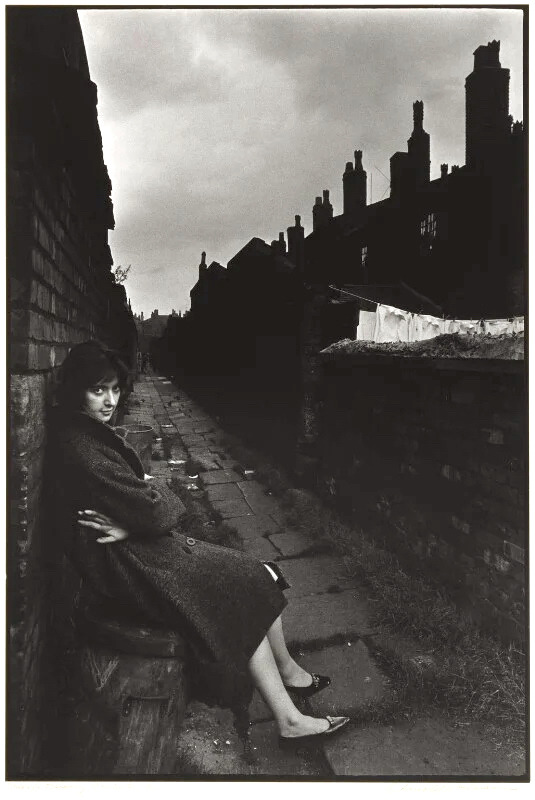#Shelagh Delaney
Text


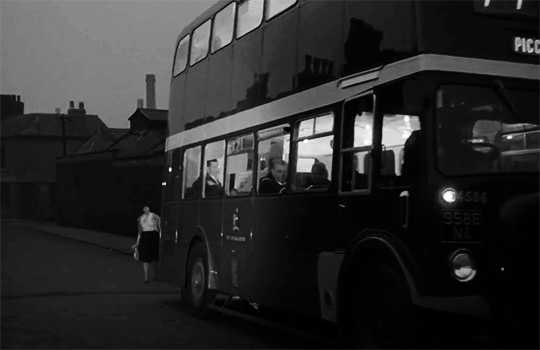

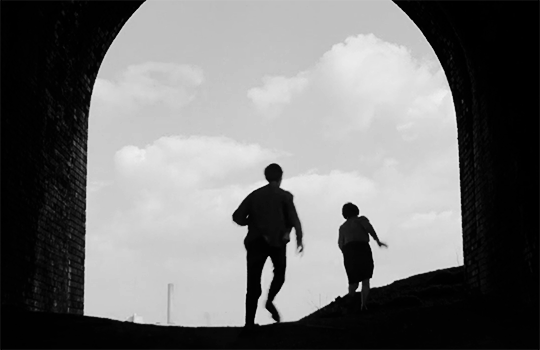

A TASTE OF HONEY (1961) dir. Tony Richardson
#a taste of honey#a taste of honey 1961#rita tushingham#dora bryan#murray melvin#paul danquah#tony richardson#shelagh delaney#film edit#filmedit#filmgifs#film gifs#movie gifs#moviegifs#movieedit#1960s#1960s movies#i made a thing#mine: films
258 notes
·
View notes
Text

Shelagh Delaney, November 25, 1938 – November 20, 2011.
19 notes
·
View notes
Text


#a taste of honey#shelagh delaney#theater#theatre#plays#tumblr polls#IS THAT A FUCJINF BABY DOLL??????#if so that’s hilarious
8 notes
·
View notes
Text

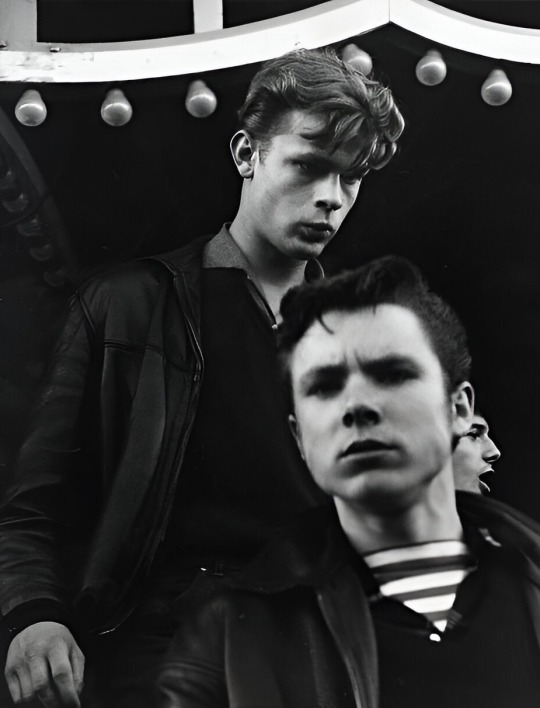
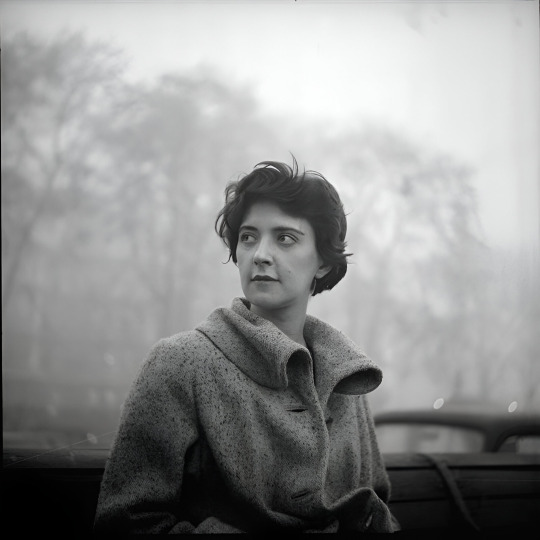
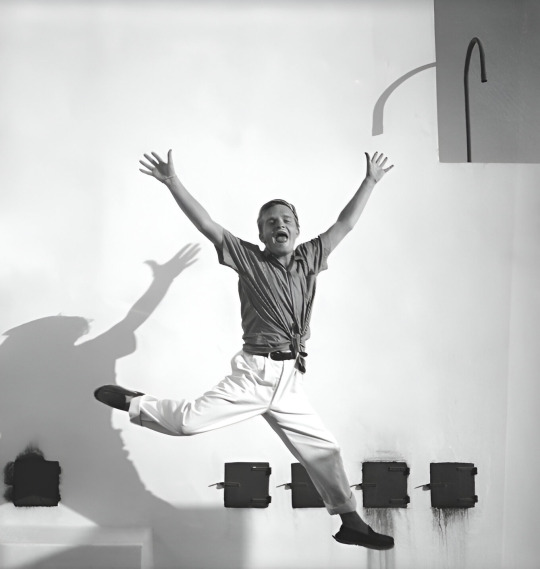
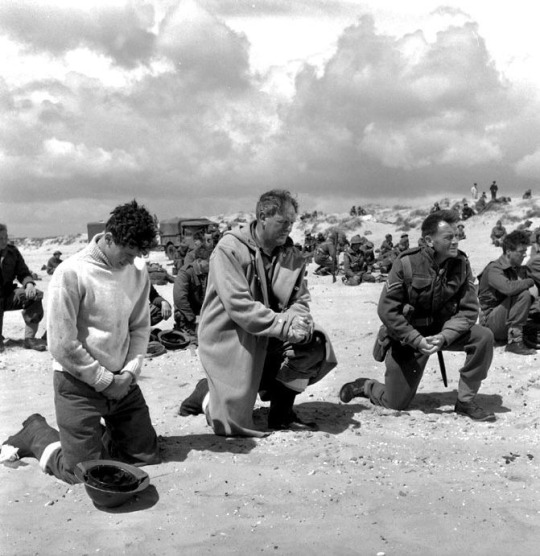
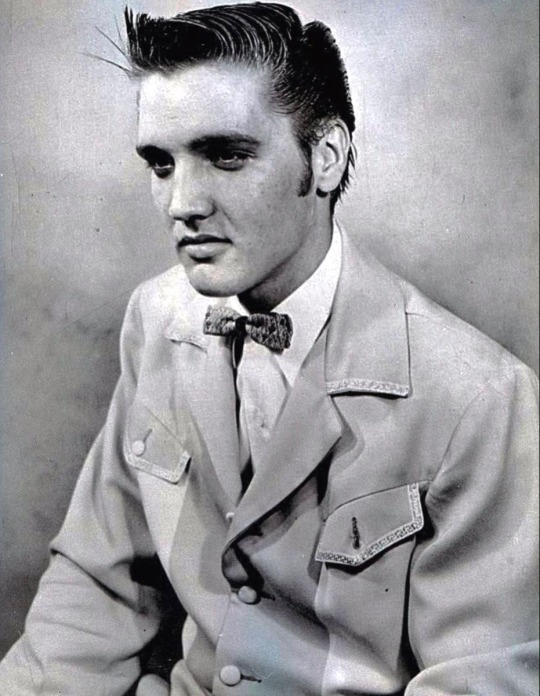
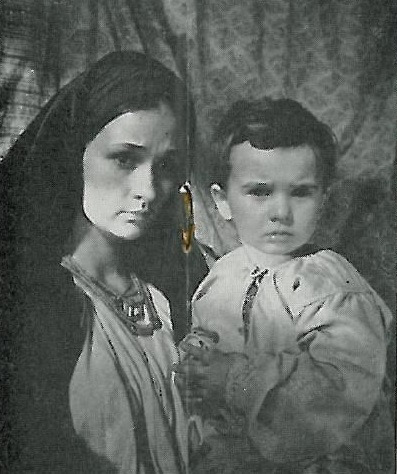
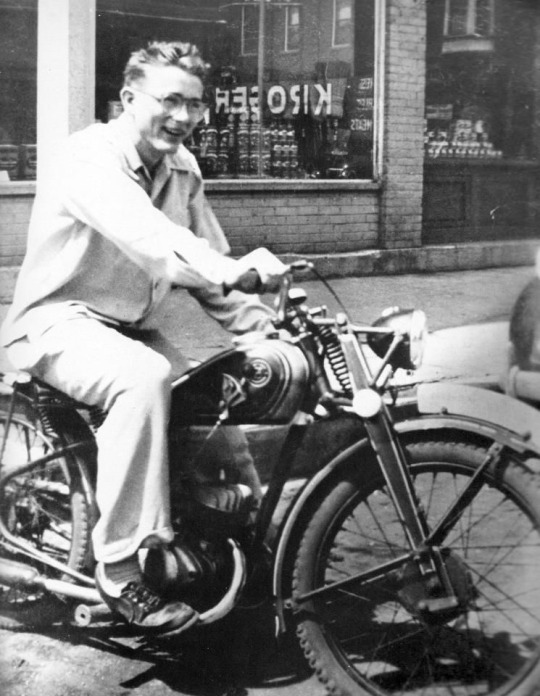
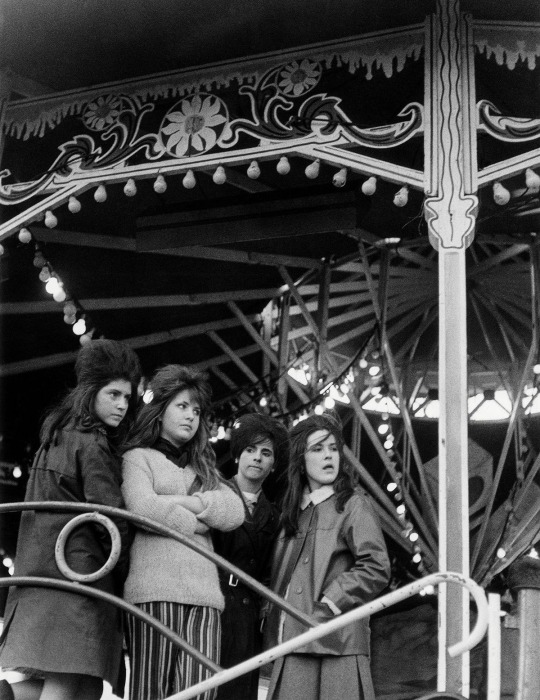

T H E S M I T H S
📀 A L B U M C O V E R S 📀
▶️ Louder Than Bombs (LP)
▶️ The World Won't Listen (LP)
▶️ Girlfriend In A Coma
▶️ The Boy With The Thorn In His Side
▶️ How Soon Is Now
▶️ Shoplifters Of The World Unite
▶️ That Joke Isn't Funny Anymore
▶️ Big Mouth Strikes Again
▶️ The World Won't Listen (LP)
▶️ What Difference Does It Make
#80’s music#bnw#the smiths#album covers#cover stars#Morrissey#terrence stamp#elvis presley#truman capote#james dean#Shelagh Delaney#60's style#album cover outtakes
12 notes
·
View notes
Text
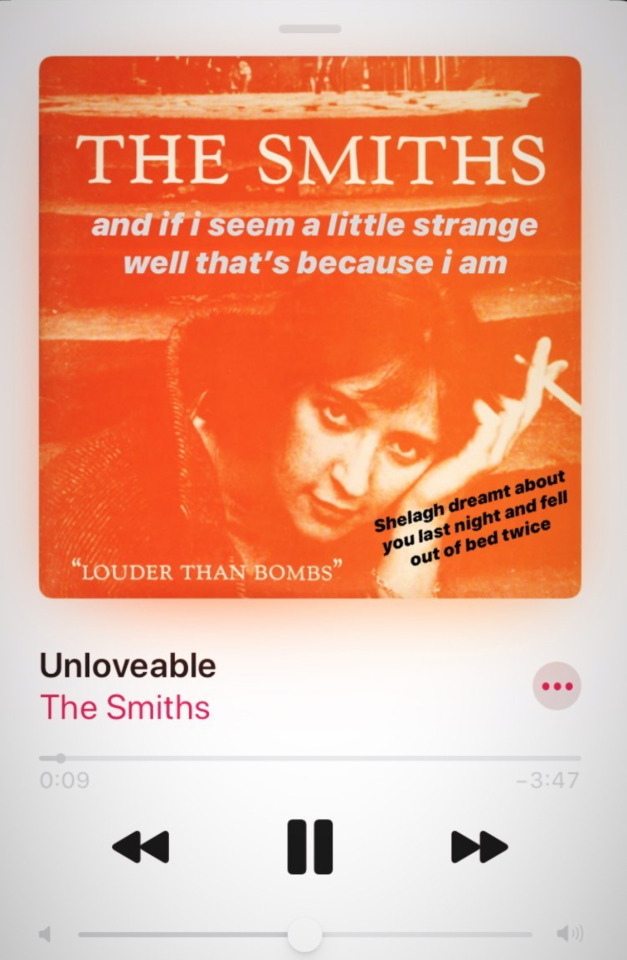
2 notes
·
View notes
Text
A Taste of Honey by Shelagh Delaney

Read time: 1 Day
Rating: 4/5 Stars
The Quote: Jo: Shut up! This is the sort of conversation that can colour a young girl's mind.
Boy: Women never have young minds. They are born three thousand years old.
Warnings: racism, mother/daughter dynamics, romantic relationships, homophobia and pregnancy.
First performed in 1958 A Taste of Honey is a play that still works today. Themes include racism, mother/daughter dynamics, romantic relationships, homophobia and pregnancy. Specifically, it feels like the underage of the younger of the two main characters, 19-year-old Jo, feels like she has mild tokophobia (the fear of pregnancy/ childbirth) or at minimum a severe fear of her own child. Geoffrey the friend of Jo that supports her through her pregnancy is gay (though he does kiss Jo) and faces severe homophobia from the older characters, it is confronting to read. Also confounding to read is Jo's extremely strained relationship with the other main character her mother Helen. Helen is to me entirely unlikeable. We see the world largely through Jo's eyes, we see Helen's neglect and ignorance of her daughter's needs as a younger child. To be honest I found the ending somewhat distressing. But fitting and fully in character for the characters as we know them.
Honestly, I quite enjoyed it. It's thought-provoking. A reminder that as far as we've come in 50+ years we still have so far to go. Jo and Geoff's relationship was so interesting to read. It may be closer to the norm or at least acceptable these days but in the 50s it may have been almost scandalous. There is something truly appealing about not learning the name of 'boy' until so late in the piece. I can see why this caused waves when it was first performed and I would love to see it performed. I read this after seeing it mentioned in Samantha Ellis' How to Be a Heroine.
#book review#play#a taste of honey#shelagh delaney#tw racism#tw homophobia#ktreviews#read 2022#booklr
2 notes
·
View notes
Text

🎟 A Taste of Honey
🏛 Royal Exchange Theatre, Manchester
📅 29 March 2024
0 notes
Text
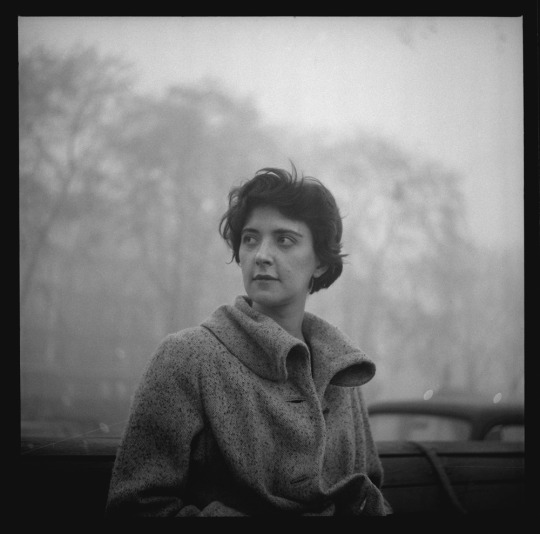
Shelagh Delaney, November 25, 1938 – November 20, 2011.
Photo by John Deakin.
55 notes
·
View notes
Text

Everyday Poetry - “There aren’t enough secrets to go round anymore. Some spies are having to invent secrets in order to earn a living.” Shelagh Delaney
16 notes
·
View notes
Photo

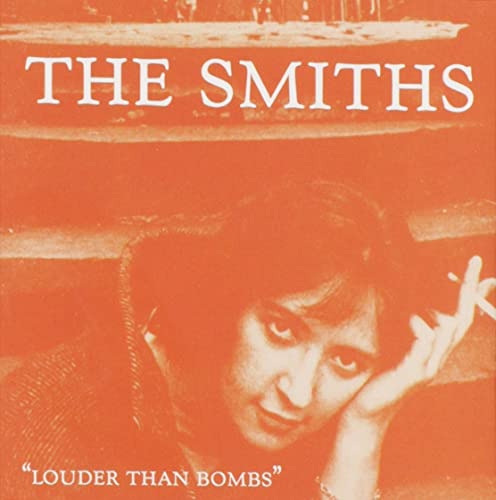
I’m remaking my favourite album covers in FFXIV for some reason. This one is Louder Than Bombs by The Smiths, with my wife’s character Naomi taking the place of Shelagh Delaney.
11 notes
·
View notes
Text

… boot the grime of this world in the crotch, dear …
#saved before the death of an old camera roll#shelagh delaney#the smiths#kitchen sink#theatre#Spotify
4 notes
·
View notes
Text
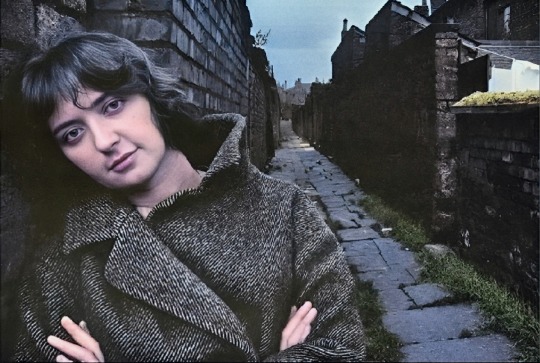
SHELAGH DELANEY (1938-2011)
5 notes
·
View notes
Text
“countercultural outbursts like punk were really enabled by the statist policies of postwar Britain. For all that countless artists, musicians and writers from the 50s to the 80s saw government as the enemy and thought they were mavericks railing against the system, the flourishing culture of the period was very much a product of the welfare state and its nurturing social infrastructures.
Many in Lydon’s generation went to university or art school without paying anything; others had their fees heavily subsidised by the state. Budgets for local drama and public art projects were far more generous. Beneath all this was the safety net of full employment, dole and affordable housing. These conditions made postwar Britain an ideal breeding ground for confident and adventurous new forms of art, fostering everything from the plays of Shelagh Delaney to the films of Alan Clarke, the paintings of Lubaina Himid and the music of David Bowie.”
3 notes
·
View notes
Text
A Taste of Honey
The movie. Not the song. Since @inspiteallthedanger told me I don’t need to weigh in on the song. [Edit to clarify: because, in her opinion, no one needs to weigh in on the song, because it is bad. I thought it was funny.]
As you may remember if you’ve been following me, I’ve been watching a bunch of British New Wave films from the late 50s/early 60s, also known as “kitchen sink dramas” and “angry young man” films. As I’ve mentioned in previous posts, so far they are mostly about young men from the working classes who are caught between entrenched class dynamics and the shifting mores of British society. They mostly get really drunk and hit people and get people pregnant accidentally.
So it’s refreshing that A Taste of Honey follows a young woman who is also angry and stuck and makes horrible choices. Written by an actual woman (Shelagh Delaney) as a play when she was 19, it follows a schoolgirl about to graduate who is grappling with an unloving mother, an accidental pregnancy, and generally having no place in the world and no real ability to navigate her own or anyone else’s emotions. It’s notable for addressing unwanted pregnancy, abortion, interracial relationships, and homosexuality.
It’s refreshing, but also difficult, as Jo seems completely justified in her hatred of her mother who has never shown her any affection and chooses a new husband over her, but also quickly follows in her footsteps making all the same mistakes. In that way, it’s very evocative of generational patterns and the difficulty of getting out of those cycles when one has no other model. Jo is pregnant and doesn’t want to be, the father is gone from her life and she’s not sure she even wanted him, and she’s going to lash out homophobically at the only person willing to stand by her and give her love and affection because he’s the only person in her life ‘weaker’ than she is.
It’s a really interesting film, and it’s interesting that the Beatles covered the theme song, but mostly because the theme song actually has nothing to do with the film and doesn’t appear even over the credits--it was written as an instrumental for the Broadway production of the play, and later given lyrics and covered by several people. So on that front, it’s difficult to connect any of the themes of the film with the fact our guys performed it.
Anyway, it’s an interesting entry into the genre/movement, because it entirely takes the female point of view and yet demonstrates how the angry young woman (mostly used as a prop in the other movies) is dealing with the exact same stresses and social ills. It’s just that her options and consequences are very different.
6 notes
·
View notes

